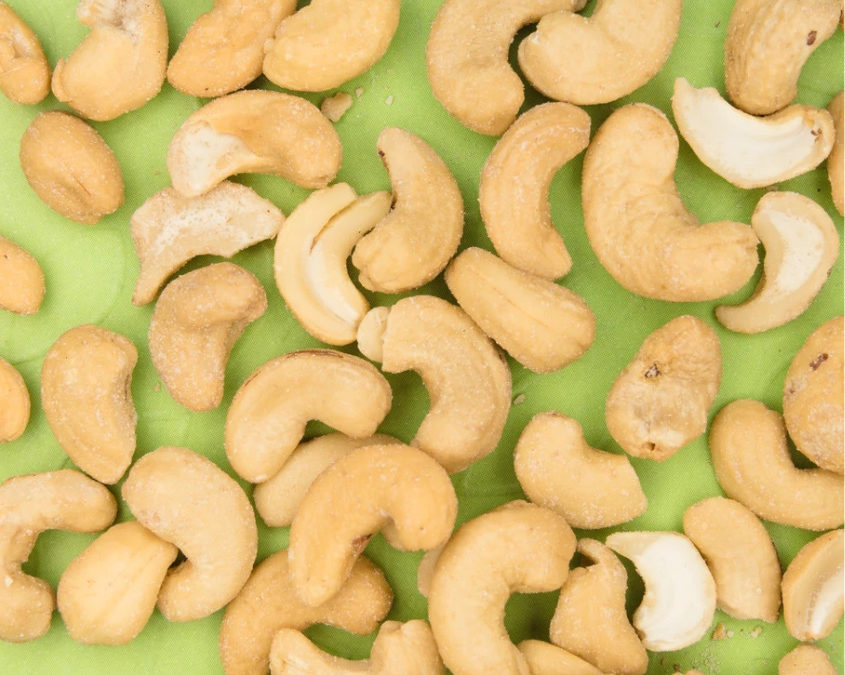Even during the “fat-free diet” days of the 1990s, nutritionists have pointed out that not all fats are unhealthy and that the “good” types of fat include omega-3 fatty acids. Fatty acids are the building blocks of fat, which, despite its misunderstood reputation, is a vital human nutrient.
The benefits of omega-3 fatty acids are well-known. Omega-3s are used to regulate blood clotting, build cell membranes and support cell health. They curb inflammation and may help to prevent coronary disease, Alzheimer’s disease, and depression. Higher levels of omega-3s in the blood have been associated with increased longevity. And omega-3s are polyunsaturated, which is the heart-healthy kind of fat that helps to reduce blood triglycerides and low-density lipoprotein (LDL), the so-called “bad” cholesterol.
Your body cannot make omega-3 fatty acids–you have to eat them. The typical American doesn’t eat many foods that are rich in omega-3s; but, whenever possible, you should try to get your omega-3 fatty acids from eating foods rather than taking supplements.
Here are five foods that will put more omega-3s into your daily diet:
Fish
The best source of the essential omega-3 fatty acids DHA and EPA is fish. Some fish deliver a higher dose than others. The top choices are salmon, mackerel, herring, lake trout, sardines, anchovies, and tuna. The American Heart Association recommends that you eat at least two servings of fish per week. A serving is considered 3 1/2 ounces of cooked fish or 3/4 cup of flaked fish.
As with people, it seems that fish are what they eat. That’s important to remember when comparing omega-3 in farmed fish with that in wild-caught fish. Wild-caught seafood that ate algae and other fish are natural suppliers of omega-3, as are farmed fish that eat fish meal or algae supplements. Like cattle, however, some farm-raised fish are fed mostly grains and soy, a diet that causes their flesh to contain more short-chain ALA omega-3s and less long-chain EPA and DHA omega-3s. Your body needs both short-chain and long-chain omega-3s, but the long-chain variety provides most of the anti-inflammatory benefits.
Grass-Fed Beef
Pasture grass is a very good source of omega-3s. So when cattle or other land animals eat a grass-based diet, their meat ends up being a tremendous source of the fatty acids. Milk, cheese, yogurt, and eggs obtained from grass-fed or pasture-fed animals are generally going to be your best source for omega-3s derived from dairy rather than meat.
Edamame
This delicious pod vegetable is not merely a pre-sushi appetizer: Edamame (soybeans) are also an amazing source of omega-3s. They might just be the perfect healthy snack because they are filled with both fiber (9 grams) and protein (11 grams), on top of the 1/3 g of omega-3s per half-cup serving shelled. Reach for a handful of edamame instead of peanuts the next time you sit down to watch TV.
Flaxseed Oil
Eating flaxseed oil is not the same thing as eating the flax seeds themselves. Flaxseeds are a good way to get fiber, but you should use flaxseed oil if you want omega-3s. Since the oil is a condensed product of the seeds, you get more omega-3s in the oil. Flaxseed oil is a terrific plant source of ALA, and it’s the only culinary oil that beats canola oil in omega-6 to omega-3 ratio. However, it has a low smoke point, so it’s less suitable for frying and better suited for use in fresh recipes such as salad dressings or pesto.
Walnuts
Of all the nuts commonly available, walnuts are the omega-3 champs. A quarter-cup, 196-calorie serving of walnuts provides 113% of your daily value of omega-3s, the most significant amount of omega-3s in any nut. In fact, flaxseed is the only plant food that is denser in omega-3 fats per serving. So break out the nutcracker and pop a few in your mouth or sprinkle halved walnuts on a salad.
What might your favorite food source for omega-3 fatty acids be?
Sources:
• http://chriskresser.com/the-definitive-fish-oil-buyers-guide/
• http://www.webmd.com/diet/the-secret-of-edamame
• http://www.whfoods.com/genpage.php?tname=nutrient&dbid=84
• http://www.whfoods.com/genpage.php?tname=nutrient&dbid=84#foodchart

